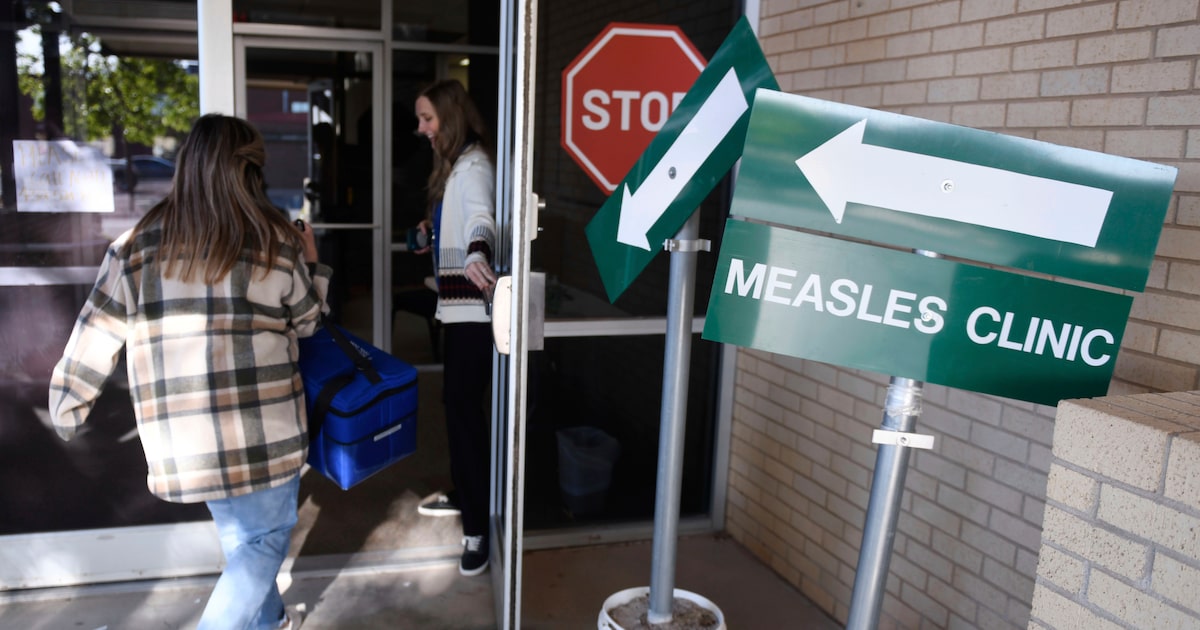Measles Outbreak Alert: Tarrant County Confirms Rare Dual-Age Infection

Measles Alert: Two Unvaccinated Tarrant County Residents Confirmed Infected
Health officials in Tarrant County are sounding the alarm after confirming two new cases of measles, highlighting the critical importance of vaccination. Both individuals diagnosed with the highly contagious disease were found to be unvaccinated, raising concerns about potential community spread.
The local health department is urging residents to check their immunization records and ensure they are protected against this serious viral infection. Measles can lead to severe complications, especially for young children and individuals with weakened immune systems.
Vaccination remains the most effective way to prevent measles transmission. Public health experts recommend that all individuals who are eligible receive the MMR (Measles, Mumps, Rubella) vaccine to protect themselves and their community.
Residents with questions or concerns are advised to contact their healthcare provider or local health department for guidance and additional information about measles prevention.
